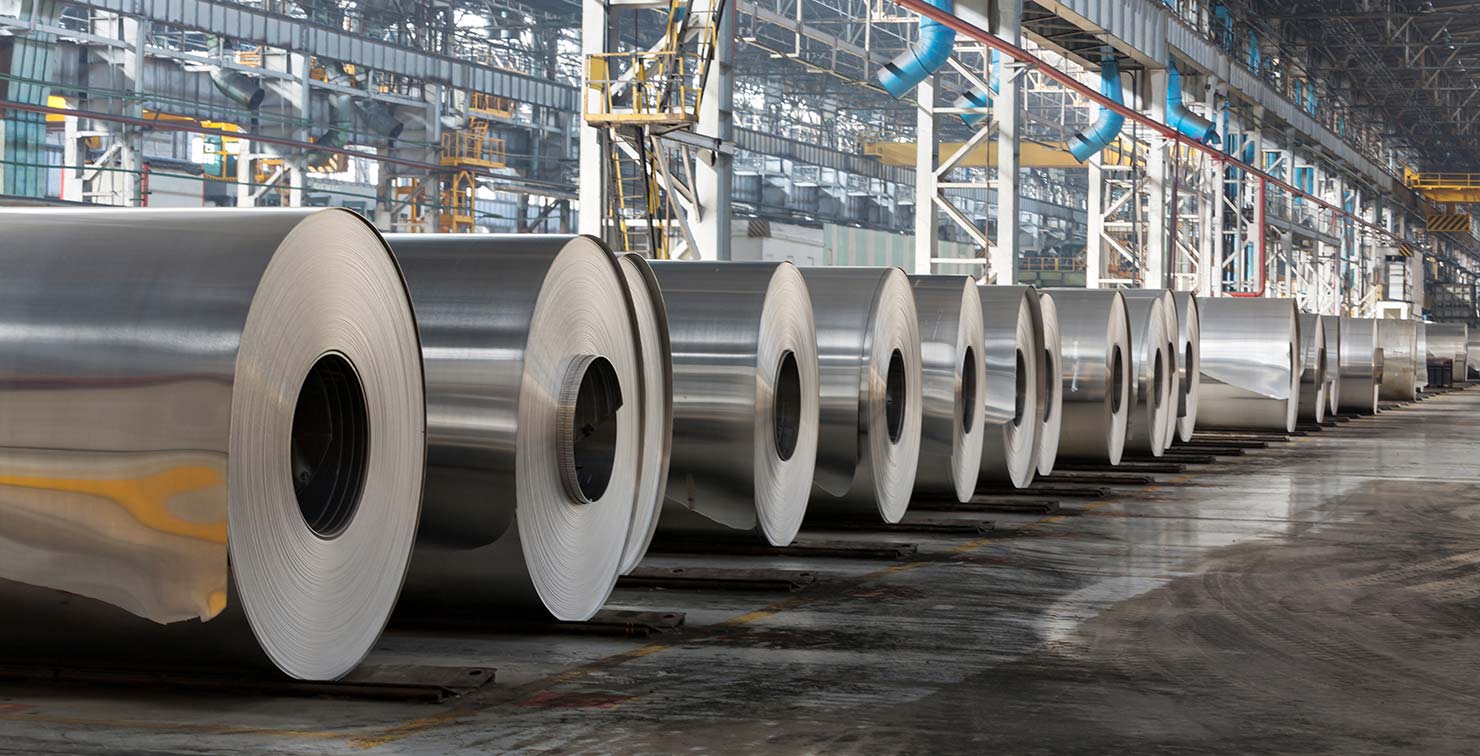During his presidential campaign, Donald Trump promised to reduce U.S. trade deficits with China and address China’s perceived unfair trade practices. The two countries have been at odds over trade for more than a year. After months of threats, the Trump administration imposed a variety of tariffs on Chinese industrial and consumer products. China responded with retaliatory tariffs on an equivalent value of American goods.
On January 7, 2019, delegations from the United States and China began trade talks in Beijing. Neither those talks, nor subsequent meetings and conversations, produced significant progress. On May 10, the United States hiked tariffs from 10% to 25% on $200 billion worth of Chinese goods. On August 1, Trump announced on Twitter that he would levy a 10% tariff on an additional $300 billion in Chinese goods, effective September 1. On August 5, China’s central bank allowed its currency value to fall, making its goods more attractive to foreign markets, and said it would halt purchases of U.S. agricultural products. And as of August 23, China announced it will impose new tariffs on U.S. products following President Trump’s threats to impose new tariffs on Chinese imports in September.
For many years China has been the third-largest trading partner of the United States, after Mexico and Canada, representing approximately 13% of total U.S. trade, including agricultural goods, chemicals, industrial machinery, textiles and other goods. The uncertainty of the trade war’s outcome is likely to disrupt the supply chains of many American manufacturers.
Manufacturers Caught in the Crossfire
Jay Timmons, president and CEO of the National Association of Manufacturers, said that while they support the administration’s efforts to hold China accountable, the prolonged and escalating trade war is hurting American workers and their families, and that the latest round of tariffs is likely to make things worse.
U.S. automobile manufacturers are already feeling the effects of the trade war. Last year, China briefly increased the tariffs on U.S.-made automobiles from 15% to 40%.
Chip makers and electronics manufacturers, such as NVIDIA Corp. (NVDA), Micron Technology (MU) and Intel Corp. (INTC), are also vulnerable.
Apple Inc. has so far been able to escape tariffs on iPhones, which are made in China, but it has seen a drop in sales as a result of slowing in the Chinese economy.
Cal Dooley, president and CEO of the American Chemistry Council, issued a statement on May 6 warning that Chinese tariffs on U.S. chemical exports could result in job losses. China is the third-largest market for U.S. chemical makers.
The U.S. farm chemical industry currently relies on Chinese imports for 40% of the ingredients and materials needed to make crop-related chemicals, causing some companies to stockpile Chinese chemicals in anticipation of the imposition of the tariffs. Many other chemical manufacturers have increased inventories as well.
And U.S. farmers stand to suffer, especially from China’s announcement on August 5 that it was suspending agricultural product purchases.
China could retaliate in other ways, including imposing new taxes and regulations on U.S. companies, slowing deal approvals, or encouraging citizens to boycott American products. Therefore, the relationship between China and the United States can get worse before it gets better.
Act Now to Protect Supply Chains
In addition to concerns regarding the sales of finished goods, U.S. manufacturers are worried about the potential effects of a prolonged trade war on their supply chains. U.S. car companies, for example, get a significant portion of their components from Chinese factories. And even parts manufactured in the United States could be affected because China supplies component materials that are not available anywhere else.
To hedge against the possible consequences of the ongoing dispute, some U.S. manufacturing firms with facilities in China are considering moving them to other Southeast Asian countries, such as Vietnam, Cambodia, Myanmar and Malaysia.
Changing suppliers or shifting supply chains can cause disruption in business operations. Therefore, supply chain leaders must act now to investigate the following:
- Analyze their global supply chains and see where parts, components and raw materials are sourced;
- Determine whether the parts sourced from various suppliers are affected by either current or proposed tariffs;
- Ensure that goods imported are properly categorized under the Harmonized Tariff System (all tariffs are keyed to the HTS code);
- Review supplier contracts to analyze how and when price increases can happen. Also, analyze the impact of these tariffs on customer pricing agreements;
- Play out scenarios in which China suspends imports of the company’s products and/or ceases exports of critical raw materials and component parts on which the company depends on a sole-source or single-source supplier basis;
- Consider expanded and advanced purchases to stockpile certain goods prior to tariff effective dates; and
- Consider expanding the supply chains to other geographies to avoid the consequences of a trade war.
Without a resolution to escalating trade tensions, the entire supply chain loses. It could take years to reestablish trust between the United States and China or find alternate sources for products currently imported from China. Amid the chaos, it would be wise for manufacturers and suppliers to hope for the best but prepare for the worst.
Read additional posts on The Protiviti View related to the Manufacturing and Distribution industry.





